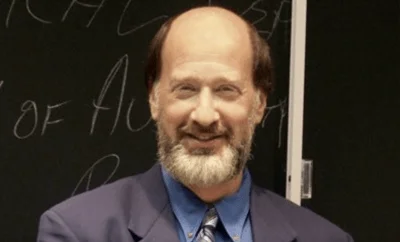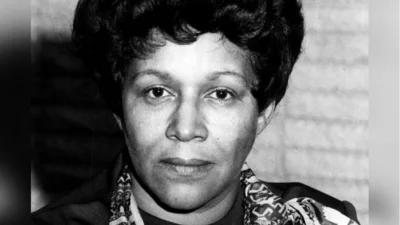A national legal society has asked a federal court for an en banc review of an open records ruling centering around the trafficking of body parts of aborted fetuses by a research lab at the University of Washington.
The case, brought originally in 2016 by Planned Parenthood and other clinics that provide abortions, could create a dangerous new right under First Amendment, warns an attorney representing the defendant in the case, pro-life activist David Daleiden who views the possible shielding of the names and activities of government employees, and even government contractors, from the public.
“Planned Parenthood is saying the First Amendment allows the government to act in secrecy,” said Peter Breen, special counsel to the Chicago-based Thomas More Society. “It’s breathtaking.”

Peter Breen of the Thomas More Society.
On March 25 a three-judge panel of the Ninth Circuit Court of Appeals ruled – in a decision that Breen characterized as a “victory in part” -- that some of the information in the documents surrounding the University of Washington birth defects research laboratory ruled legally redacted by a lower court must be made public.
But the panel held that the identify of some of the plaintiffs (Jane and John Does in the case ) should remain redacted since they “were engaged in activity protected by the First Amendment, as they each took part in or were associated with advocacy for reproductive rights . . . [or] research activities. . . .”
The Thomas More Society is asking the full court to require that all the records be made public.
“The decision [by the three-judge panel] would force state and local governments to conceal records relating to their activities of highest public interest—precisely due to that public interest—because members of the public allegedly may become inflamed, if allowed to view the records in full,” TMS argued in its April 8 en bank petition to the court. “This decision turns the First Amendment on its head, conflicts with the clear precedent of the U.S. Supreme Court, and should be reheard en banc.”
According to Courthouse News, the three Does whom the court found were not protected under the First Amendment are employed by the Seattle Children’s Hospital, The Evergreen Hospital Medical Center and the UW birth defects research lab. The five remaining plaintiffs still covered by the injunction are two researchers at the University of Washington and three abortion clinic employees.
TMS said that in prior U.S. Supreme Court decisions allowing for the concealment of names and other information, “the records at issue directly disclosed the underlying First Amendment activity.”
It cited, among other cases, the 1958 ruling in NAACP v. Alabama, stemming from the National Association for the Advancement of Colored People (NAACP) refusal to hand over of a list of its members to state authorities.
The Supreme Court ruled that the First Amendment protected the free association rights of the NAACP and its rank-and-file members.
Planned Parenthood and others in the University of Washington case can’t make that same argument, the More Society says. They “seek instead to prevent the release of ordinary public records, such as government invoices and emails, discussing the publicly funded collection, sale, and transportation of fetal tissue, which have no discernible connection to any First Amendment activities,” the en banc petition stated.
Besides, Breen said, the lawsuit is not about names or other personal identification but about getting job titles and assigned roles open for inspection by the public.
In February 2016, Daleiden filed the request for the records under Washington’s Public Records Act. He sought all documents related to the “purchase, transfer or procurement” of human fetal tissue or fetal organs at the laboratory from 2010 to the present, including communications between the university and abortion clinics in Washington and Idaho.






 Alerts Sign-up
Alerts Sign-up